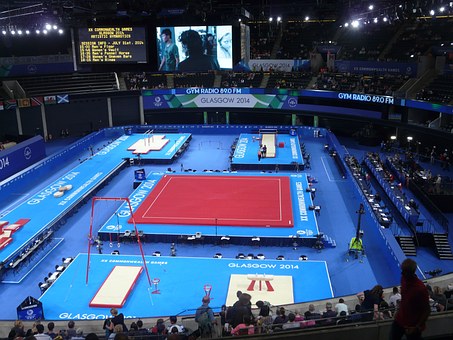It has come to light that hotels in Birmingham could increase room bill charges to assist with the costs of the Commonwealth Games which the city is set to host in 2020. The games which will be mainly hosted by the Alexander Stadium will be participated in by 72 nations.
The findings of a survey in 2018 revealed that Birmingham residents were overwhelmingly in favour of hosting the Commonwealth Games with hopes that the city will gain a greater national and international presence.
Further to this, there were hopes that the games would boost investment into the city and create jobs. Figures announced last month stated that the cost of the games would be £778 million. Whilst central government will contribute £594 million, the remaining £184 million will be sourced from the city council and associates. It is hoped that changes to hotel room charges will assist with raising such funds.
Currently there are attempts in the House of Lords to alter the law which could raise £15 million over a period of three years. On a smaller scale, the revised law could allow charges to increase by £1 every night a room is booked out. A former Birmingham MP, Jeff Rooker as well as Lord Rooker of Perry Barr and Lord Hunt of Kings Heath have jointly put forward an alteration to the Birmingham Commonwealth Games Bill.
The bill includes proposals to limit which companies can associate with the Birmingham Commonwealth Games. Such limitations will take into account which companies have assisted financially with the hosting of the games, taking a hard line against unauthorised advertising.
Birmingham City Council has suggested that the amendment that allows increases to hotel room charges should be a temporary measure. While they have proposed that the extra charges should currently only be used to fund the Commonwealth Games, there is the possibility that this may become a long term means of gathering funds for future events.
Whilst the bill is currently being debated in the House of Lords, it is set to be explored further in the House of Commons before being ratified.
By Huma Khan












